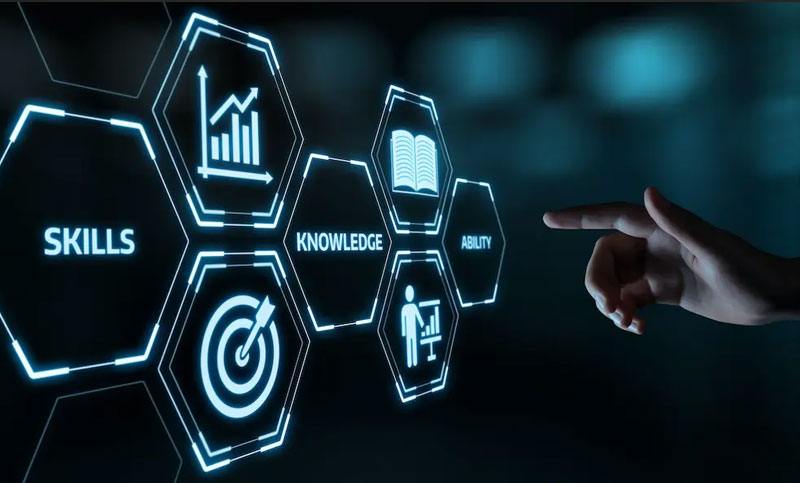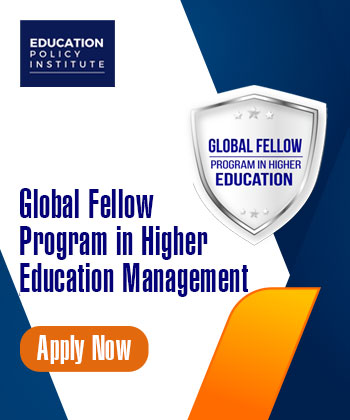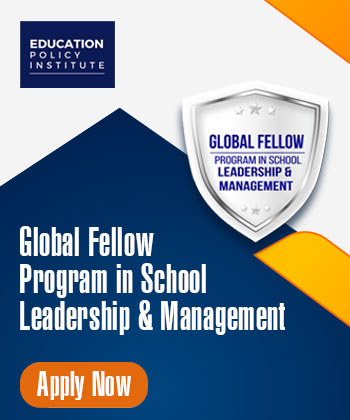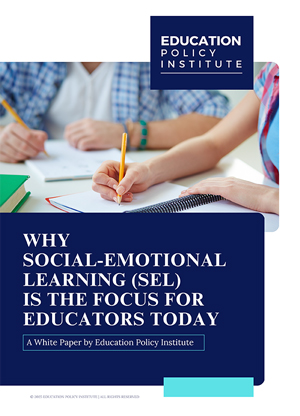In the education sector, scarcely the proponents of knowledge and skills get loggerheads with one another. Knowledge-focused education mainly is related to close study of books, specializing in the ‘examine and write’ system. It depends on rote learning and is usually present in many schools and other educational institutions.
Skill-based education, on the other hand, needs experience, knowing that real-life practice lies at the core of better learning. ‘Learning by doing’ is something special here, extending beyond the confines of the blackboard to actually learn the latest skills through practice.
Essentially, sensory inputs – listening, reading, touching and more – offer individual knowledge and the latter can be transferred between people or gathered by oneself. Learning a skill comes from implementing the knowledge to certain situations with a combination of sensory input and output. Knowledge is something theoretical, whereas skills are practical.
A perfect example of knowledge vs skills is everyday routine. Understanding the rules and statistics of a sport and its main teams and players does not make one a good player, an individual is about skills and techniques. For example, Aerospace engineers are experts on avionics and flight theory, but cannot fly aircraft, just like a pilot has minimal knowledge of these subjects yet can fly a plane like an expert.
Let’s have a look at a clearer explanation:
- Knowledge is about facts and information which will be present in long-term memory, and whenever needed one applies in their lives.
- Skills are the action and behavioral approaches of knowledge and understanding i.e., behavior and what, how well something is done. A cycle of feedback and practice is required when building new skills.
Requirement of Knowledge
Knowledge is considered as a prerequisite for true skill. Every subject develops a connection in the minds of students such it offers great purpose in the lives of others. For instance, a historian may feel science is unnecessary, a doctor might think the same about mathematics, yet the associated information usually gets in handy in the future, if not in the present. Knowledge-based education is undeniably crucial yet does not imply the requirement for expertise in each subject – it merely implies basic foundations for later use.
Skills on the edge
There is tremendous boom in skill-based education in recent years, away from decades of looking at just knowledge and grades. From zero-skill subject experts, students now learn how to apply knowledge to real-time situations. Spoon-feeding is eschewed in favor of spurring curiosity. On top of skill-development, education personality development, counseling and excursions to learn life skills best imparted outside of a four-wall classroom.
Academic strategies and tasks must cultivate the needful actions than of ladle-feeding, give access for explaining how those are to be used. Build conflict resolution skills through critical converse and debate, develop effective exploration by encouraging a wider source pool and boost cognitive chops similar as logic, which traditional assignments and content don't develop.
Be a Pro in both Knowledge and Skills.
New skills are highly crucial, same has the strong knowledge base. Ultra-modern dynamics must be considered, as the Internet, for example, has made access to knowledge simple without the need to learn new skills. Overall knowledge situations of scholars and professionals will determine the cock of the ray toward either side, fastening on the area that lacks moxie. As per the situation at hand, the system must acclimatize, modify, and be dynamic.
Assess both in the right way
Important as learning new skills and knowledge is, assessing these is critical too. The approach must differ for the two, as progress for both is measured differently:
- Progress in skills implies acquiring new chops or building existing ones
- Progress in knowledge is an increased quantum of knowledge with an individual along with the capability to rapidly recoup it (the ultimate is in effect a skill)
Assessing knowledge is a double exertion – an individual either knows or doesn't know commodity. For chops, it isn't relatively so, as they operate in a continuum but with further performance- grounded summative assessments. One will consequently infer skill enhancement levels, with pupil and other learner work evidencing advancements from practice. Feedback for knowledge is a simple yea/ no, while chops need further specific inputs on what as well as how to ameliorate.
To Conclude
Assessments rightly quantify development, and education and literacy must be erected on models of progression. Knowledge and understanding are the foundations bolstering chops. Skills are further built with modeling, practice, and feedback. One cannot live without the other; differently it would be easy to write a great essay on a content that the writer has already knowledge of!
Latest
Trends blogs
- From Vision to Impact: Closing the Gender Gap in STEM Education
- Automation, Artificial Intelligence, and the Future of Human-Centered Education
- Mid-Career Education in a Changing Labor Market
- The Next Phase of STEM Education: The Role of Artificial Intelligence in Classroom Curricula
Focus blogs
- Research-Driven Education: Strengthening Strategies, Policies, and Classroom Practice
- Professional Certifications for Career Growth: What Students and Young Professionals Need to Know
- Building a High-Impact Center of Excellence: What You Need to Know
- Beyond Graduation: The Importance of Lifelong Learning in Higher Education





